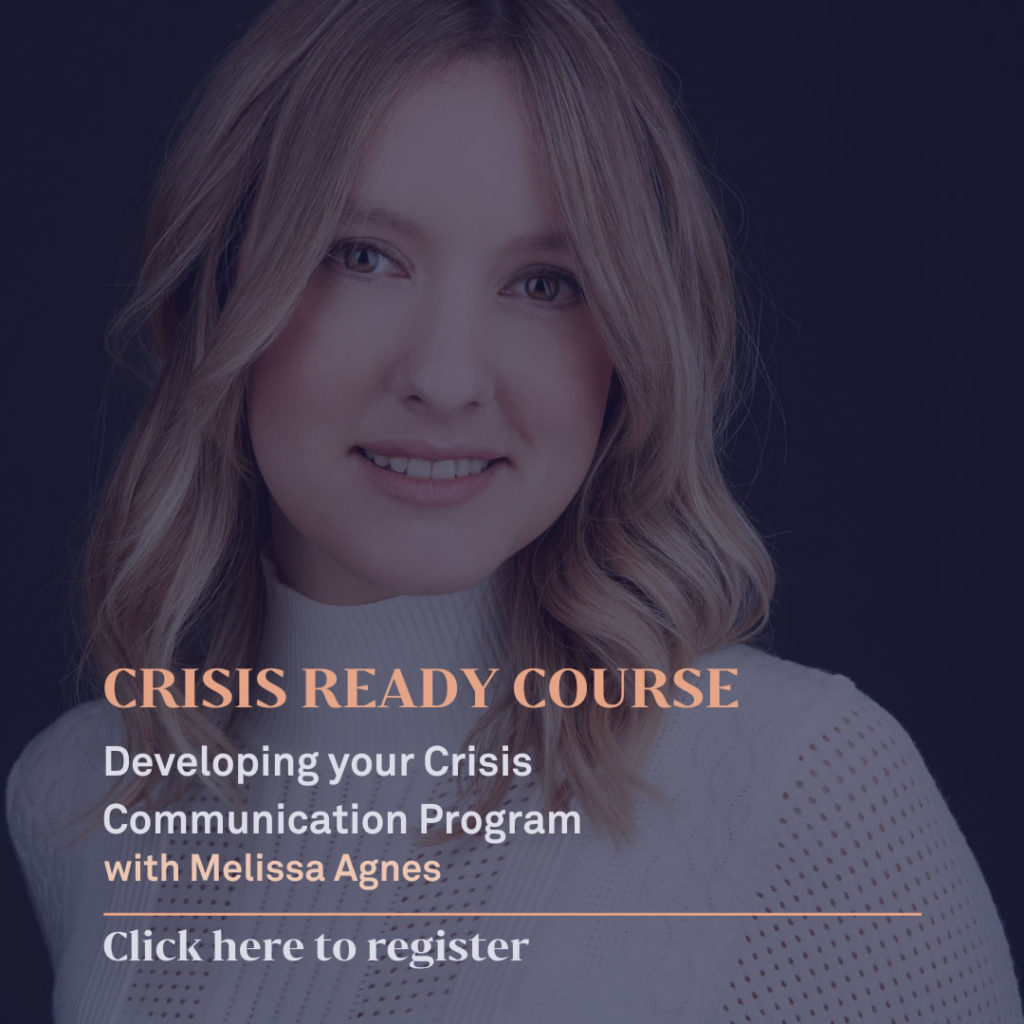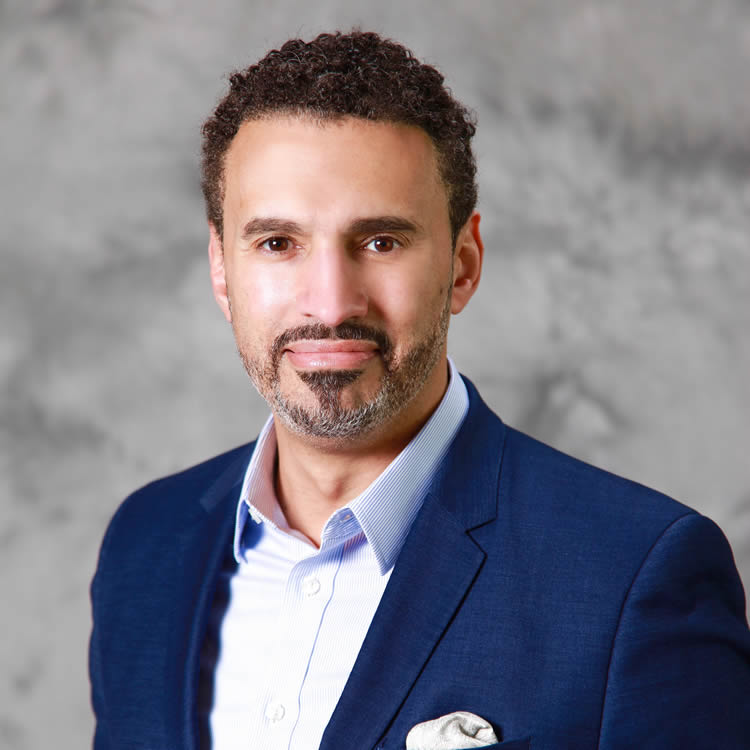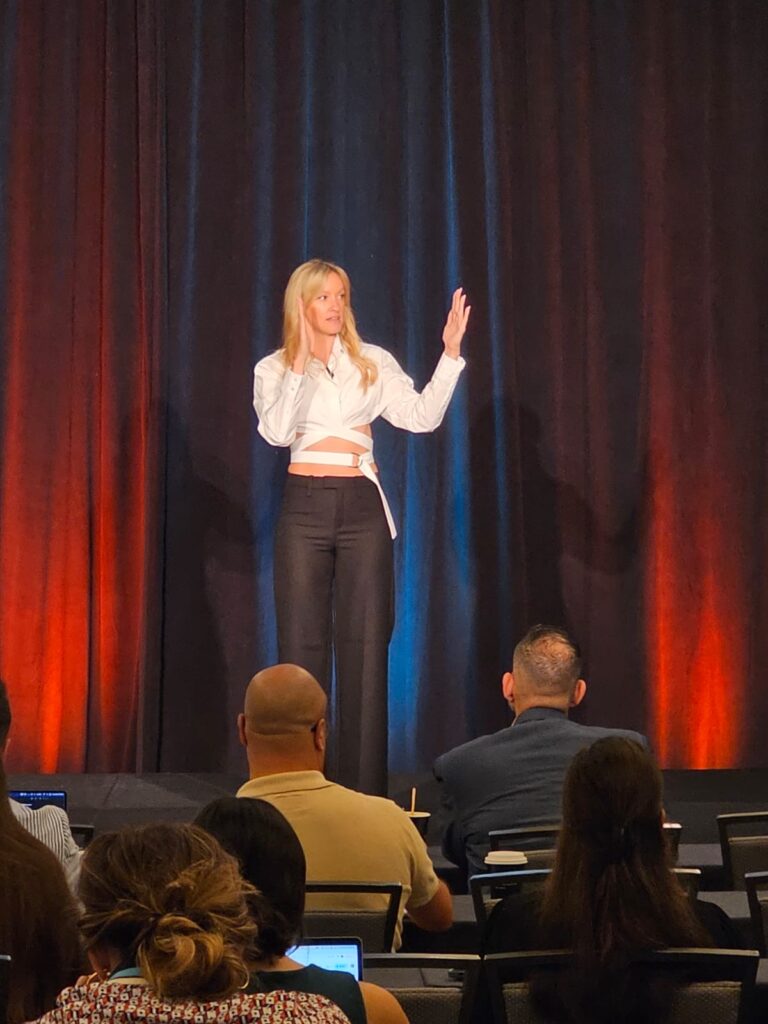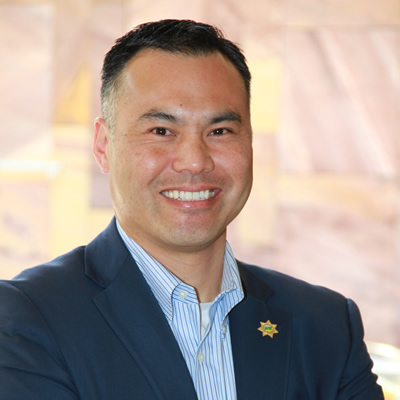During this time of global crisis management, I think it’s important for each of us—individually, professionally, and as a collective—to realize that we have within us the power to transform some of the negatives of our current situation into positives. Doing so requires certain adaptations, as well as a commitment to and repetition of, ‘constructive ideas of cooperation’.
Constructive ideas of cooperation during the COVID–19 crisis provide the opportunity to recognize the current situation in a mature way while helping each of us play our role in the wholistic management of this global pandemic. Furthermore, such ideas can be an important source of new relationship-building opportunities amongst employees, communities, businesses, organizations, and countries.
New obstacles are ahead of us and we need to adapt. The COVID-19 crisis requires new ways of thinking and changes in our behavior, not just to help mitigate further waves within our communities, organizations, cities, and countries, but to excel within the ‘new normal’ that these times are imposing.
Let’s explore some examples of ‘constructive ideas’ and the benefits they can provide.
Implementing constructive ideas as an adaptive Crisis ReadyTM approach
As we navigate through this pandemic, we know that numerous urban communities—including disproportionate impacts within communities of color—manufacturing plants, and nursing homes were hardest hit, and at one point much needed protective equipment was scarce even for front line workers.
Throughout this crisis, some organizations have chosen to rise to the occasion by adapting their production to manufacture protective equipment with the scope of supplying those in need and helping to prevent the spread of COVID-19. Ford, the global car manufacturer, is one such example of this.
Ford has demonstrated the implementation of ‘constructive ideas of cooperation’ by making face masks and face shields to enable workers across Europe to return safely to work. In Valencia, Spain, Ford is using 3D printing to produce 300 face shields per day, with 5,500 units already donated to medical professionals. A further 1,500 shields will be donated, while the team will continue to produce shields for internal use.
Through this initiative, Ford’s proactive steps have gone beyond the reward of helping to supply and support safety measures. As a result of their adaptive approach, Ford has strengthened its trust and built positive business relationships with its employees, customers, suppliers, numerous communities, and the health industry.
How are you showing up and serving your employees, community and other stakeholders?
Is your brand empowered to serve as an example in your community so others can emulate? Have you focused on adding value to your organization, stakeholders and communities by empowering and supporting those around you, both internally and externally?
For instance, one way to do this is to make it a priority for others to understand the importance of mental and physical well-being and how it impacts work productivity and everyday life tasks. Some companies are choosing to do this by organizing online seminars for their employees and clients to support and help them keep a healthy body and healthy mind during these turbulent times. One of those companies is 3M.
3M has chosen to prioritize its employees’ wellness programs during this pandemic. According to Glassdoor, 3M is addressing anxiety through a virtual community called “3M Inspire”. 3M Inspire is a community of nearly 1,300 3Mers who are dedicated to the practice of mindfulness. Through this initiative, 3M has turned their weekly 30-minute in-person mindfulness sessions into virtual events, as well as increased the number of virtual events offered each week. As a result of this, the response to their virtual events has been very positive and the number of attendees is growing, strengthening 3M’s relationship with its community and stakeholders.
Now more than ever, it is imperative to go beyond your daily business operations and objectives. The best way to proceed here is to decide who you want to be as a brand when the current struggles are over. Let the answers guide you and then get innovative and proactive in the way you bring them to life.
Another opportunity: internal educational programs
Through science, studies and experts we know that as common citizens, we have the power to help doctors, physicians, nurses, and emergency responders by following some specific safety rules and regulations. For example, practicing social distancing, wearing a mask in public, and self-isolating when traveling are highly important to protect the most vulnerable members of our society. Following these simple rules and raising awareness about the virus protects the healthcare system, saves lives, and helps us secure a vibrant and healthy society during the current crisis.
As we know, the media can present conflicting narratives and, as a result, many people are left wondering what the best advice and tactics are to protect themselves, their families, their peers and their communities. This leaves an opportunity for your organization to provide this important and sought-after knowledge and leadership. Safety education programs can be used to provide better knowledge and understanding of COVID-19 outbreaks and its negative impacts on society. It can also be used to help support leadership’s decision making processes with regards to safe workplace re-entry.
In his recent recent article, Erick Anez shared five considerations for workplace re-entry decision-making that can be useful to you here.
Scaling this concept into your crisis readiness
The concept of constructive ideas of cooperation can be applied to any type of organizational or community crisis. The mindset you adopt, put into practice and lead with can either help or hinder your crisis management efforts. Choosing to proactively seek to find ‘constructive ideas of cooperation’ that empower and connect your organization and its stakeholders is an enriching practice that can help position your organization as a leader amidst challenging events.
Such an approach can open a constructive dialogue about crisis management within your teams. As a society, we can all benefit from constructive ideas to better deal with our attitudes and fears in both our personal and professional lives. This is not the first or last crisis we will face, but it is definitely one that changed the world and will continue to do so—and choosing to develop and implement constructive ideas of cooperation is a way that each of us can play a role in helping this change be a positive one.
We’d love to hear from you. What are some constructive ideas that you, whether personally or professionally, have developed and implemented throughout this global pandemic, or that you’ve seen others initiate that have inspired you?
Adnan Cardzic is a Public Relations and Communication Professional. He graduated from McGill University and is research oriented. His areas of interest include: social & traditional media, conflict resolution, post conflict transition, peace-building and crisis management. Improving the life styles of people through research and innovation is a major motivation for his work-ethic. He aspires to contribute to various causes through managing relationships with key sponsors and researching new methods to organize more effective operations.










